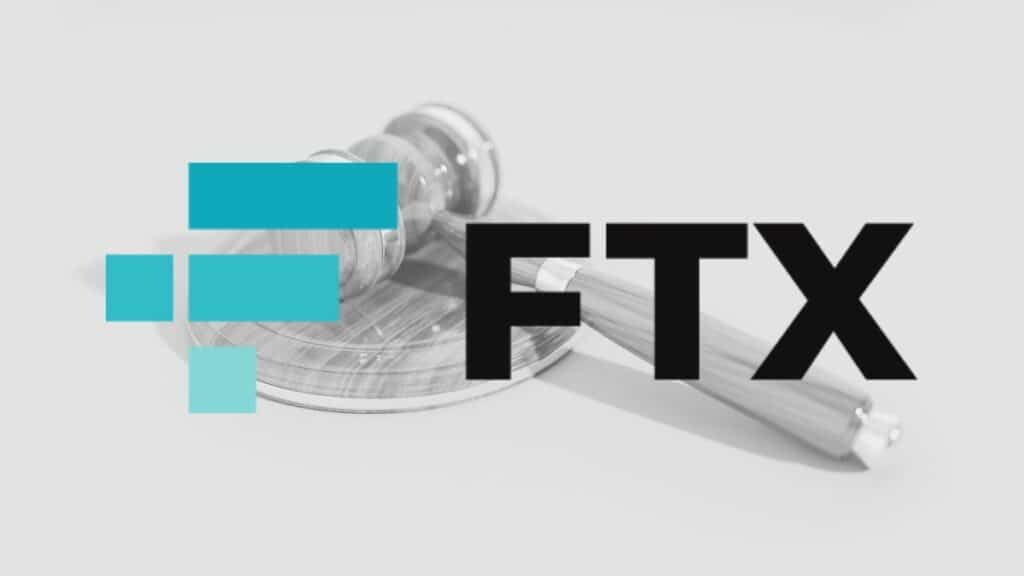According to new court documents filed by FTX CEO John Ray III, the FTX Group, including its US cryptocurrency exchange subsidiary, lacked the competent and experienced staff to appropriately account for assets and liabilities, identify risk, protect against it, or compile and verify financial reports.
John J. Ray III provided a first-hand account of FTX control failures in a court paper on April 9 in a Delaware bankruptcy court, claiming that his restructuring team had discovered, “extensive deficiencies in the FTX Group’s controls.”
As per the statement, some or all of the crucial businesses connected to the defunct centralized cryptocurrency exchange lacked key executive positions, such as the Chief Financial Officer, Chief Risk Officer, Global Controller, and Chief Internal Auditor.
He continued in the court document that despite the number of asset levels and transaction volumes it managed, the FTX Group lacked fundamental financial and accounting controls. John Ray III reiterated,
“At its peak, the FTX Group operated in 250 jurisdictions, controlled tens of billions of dollars [worth] of assets across its various companies, engaged in as many as 26 million transactions per day, and had millions of users.”
FTX Group employed QuickBooks, Google Docs, and other inefficient tools
The report additionally showed that the FTX Group lacked a thorough risk management framework and that the company’s financial reporting was deficient, which resulted in a lack of transparency and accountability.

To manage its assets and liabilities, FTX reportedly used a “hodgepodge” of Google documents, Slack conversations, shared files, and Excel spreadsheets.
The business used QuickBooks, which Ray claimed was not appropriate for a company like FTX that operated across “multiple continents and platforms” and was instead made for small and mid-sized businesses.
Around 80,000 transactions were reported to be unprocessed accounting entries, in catch-all QuickBooks accounts titled “Ask My Accountant,” indicating that FTX’s bookkeeping was neglected. He said,
“Further complicating matters, QuickBooks entries were often made months after transactions occurred, rendering impossible real-time financial reporting and risk management.”
Ray emphasized that co-founders Sam Bankman-Fried and Gary Wang, along with former engineering director Nishad Singh, had the “final voice in all significant decisions,” in spite of their very limited experience and being not long out of college.
It was also noted that the business was unable to provide a complete list of its personnel at the time of its bankruptcy filing in November 2022.
These findings shed light on the underlying issues that contributed to the collapse of the cryptocurrency giant in 2022. The lack of adequate personnel, management, and transparency across the FTX Group may have contributed to the mismanagement of the company’s finances.










